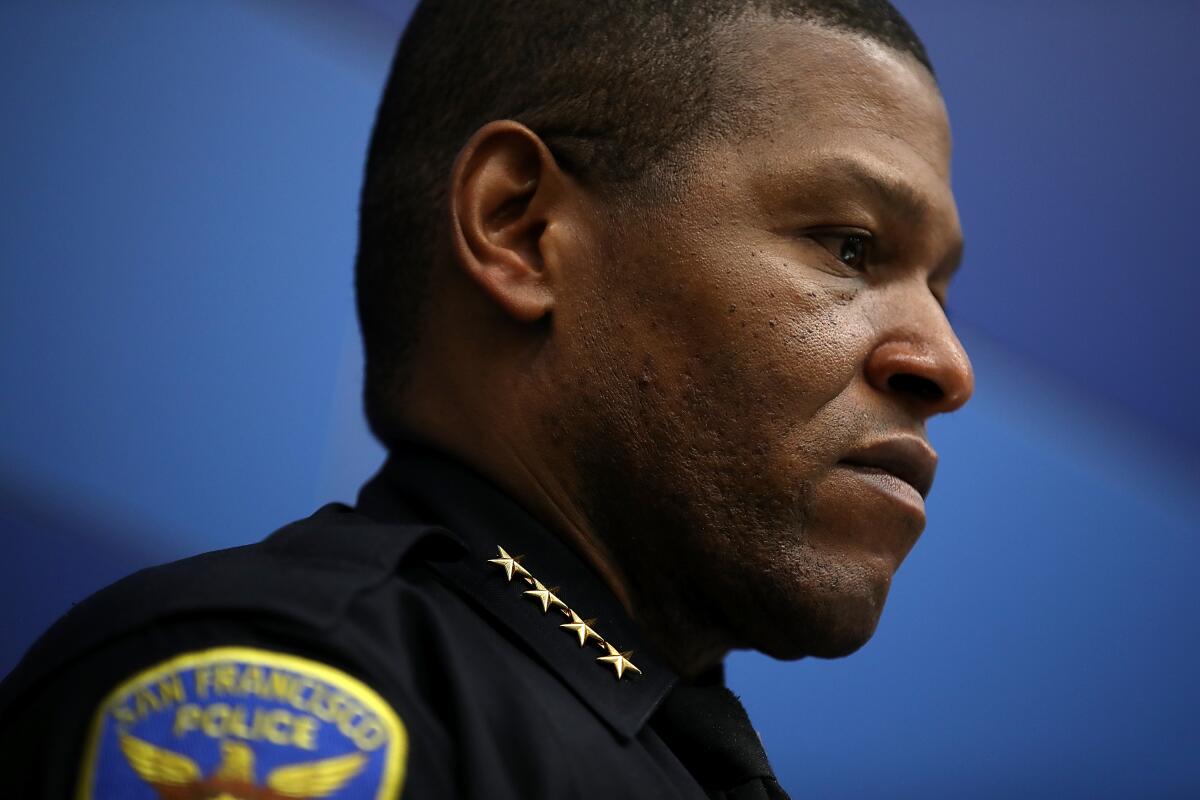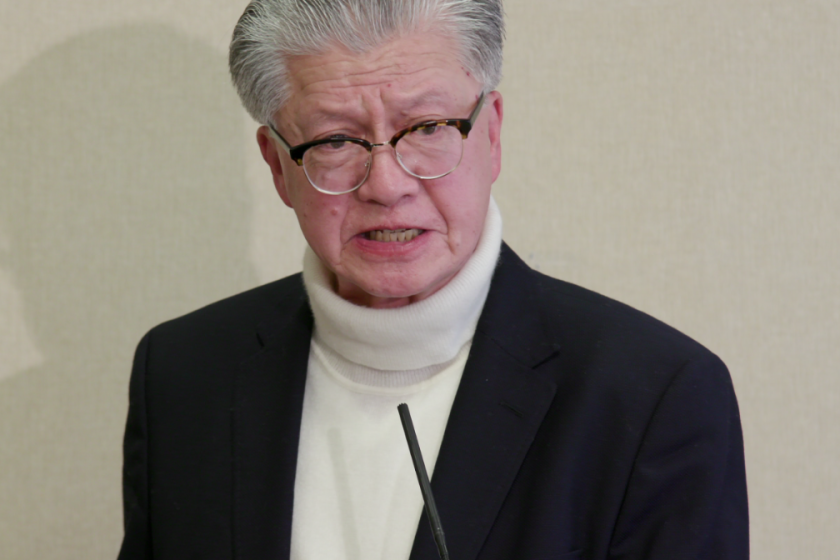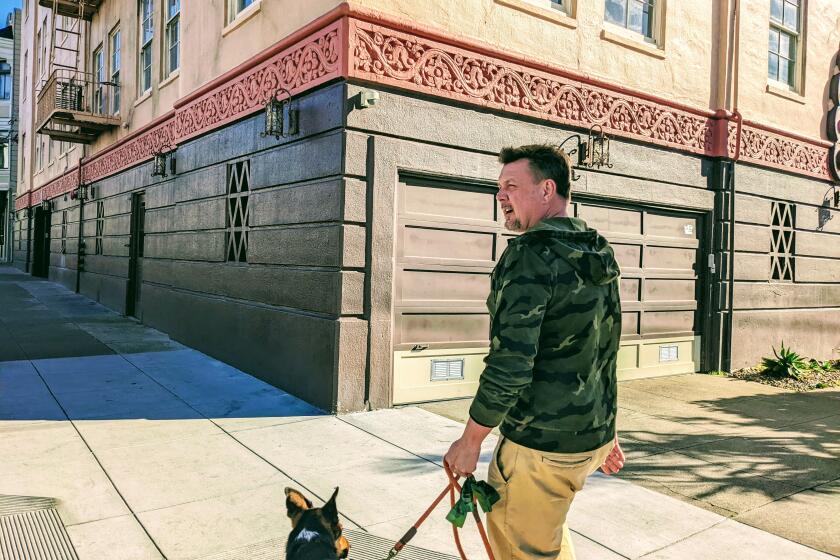Amid clash with D.A., San Francisco police to end agreement on investigating officer shootings

- Share via
San Francisco Police Chief William Scott announced Wednesday that his department would end an agreement with the district attorney’s office to cooperate on investigations of police shootings and other incidents.
The agreement, which was signed in July, was meant to ensure that police shootings, deaths of people in custody and other uses of force that result in serious injury would be independently investigated.
Scott has renewed his criticism of Dist. Atty. Chesa Boudin after an investigator in Boudin’s office alleged she was pressured to withhold evidence in a use-of-force case against a San Francisco police officer.
“It appears that the DA’s Office has an ongoing practice of investigations against SFPD officers that includes withholding and concealing information and evidence the SFPD is entitled to have,” Scott wrote in a letter to Boudin on Wednesday.
The Vietnamese American man’s lawsuit alleges prosecutors refused to file hate crime charges and reached a plea deal without notifying him.
In court testimony last week, the investigator said she believed she could be fired if she did not remove certain evidence from an affidavit against Officer Terrance Stangel, who is charged with battery and assault after beating a man with a baton, according to the San Francisco Chronicle. Stangel’s attorney alleged the evidence incriminated the man and would have justified the officer’s use of force.
San Francisco Superior Court Judge Teresa Caffese didn’t issue a ruling on a motion to dismiss the case, the Chronicle reported, and said the evidence allegedly withheld was redundant and irrelevant.
Scott, however, wrote Wednesday that “confidence has been eroded” and said the spirit of the investigative agreement and its processes and procedures weren’t followed by Boudin’s office.
Additional evidence presented in court “corroborated the DA Investigator’s testimony,” the chief wrote.
A spokesperson for Boudin pushed back against Scott’s letter.
“Since the [agreement] between our office and SFPD went into effect, our office has made enormous progress towards reducing police violence against San Franciscans and particularly people of color,” said Rachel Marshall, communications director for the district attorney’s office. “It is disappointing but no coincidence SFPD chose to withdraw from this agreement during the first-ever trial against an on-duty San Francisco police officer for an unlawful beating.”
The chief’s decision comes a week after a fatal San Francisco police shooting in which the department “falsely characterized the decedent as being in possession of a firearm,” Marshall said.
Unlike its counterparts nationwide, homicides barely rose in San Francisco, but thefts and break-ins have surged.
It also comes a week after a criminal case was dismissed once excessive force by an officer came to light, she said.
“San Franciscans deserve to be safe — including from unwarranted police violence,” Marshall said.
The Prosecutors Alliance of California, a nonprofit organization that Boudin and three other district attorneys advise, called for San Francisco Mayor London Breed to intervene.
Before 2018, officers accused of unlawful use of force were investigated by other officers, according to the nonprofit.
“Since the agreement was enacted, San Francisco has seen an increase in the number of police officers investigated and prosecuted for unlawful use of force, enhancing the safety of all San Franciscans,” the organization said.
Breed’s office did not respond to a request for comment Wednesday.
According to Scott’s letter, the agreement would have remained in place for two years, or until terminated by the police chief or district attorney, “after providing 15 days’ written notice to the other party.”
Boudin can request a meeting with Scott within the next five business days if he disagrees with the chief’s decision, the letter stated.
More to Read
Sign up for Essential California
The most important California stories and recommendations in your inbox every morning.
You may occasionally receive promotional content from the Los Angeles Times.













